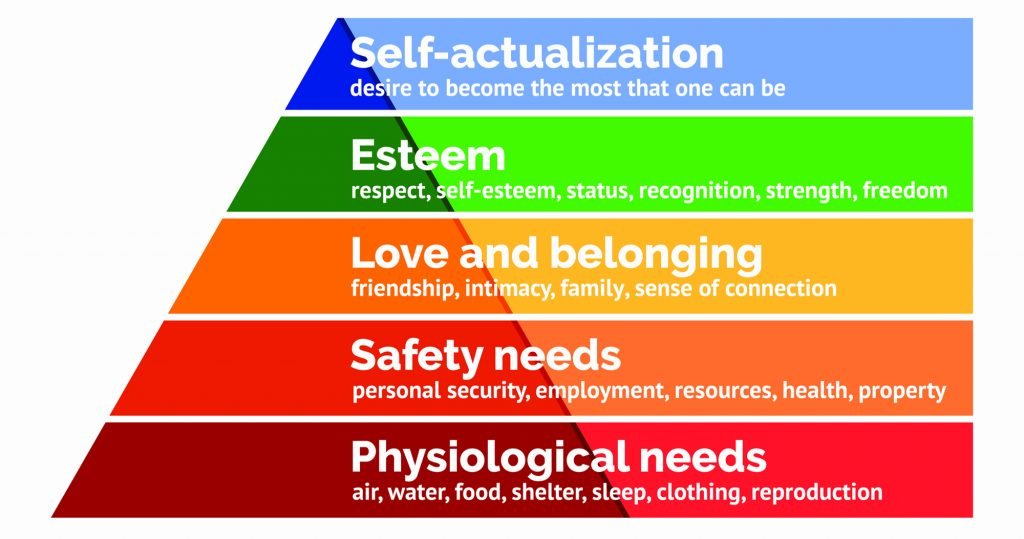
Quiet quitting is probably a phrase you’ve heard by now. If you’re a business leader, it’s important to understand how this trend impacts your team. Are your employees at risk of quiet quitting? How can you retain keep them engaged?
We can thank Gen Z for coining and distributing most of what we’ve learned about quiet quitting. That’s why we assigned our intern, Sharon Mburu, to write this article. She helped us break down the trend and what it means for leaders.
Here are Sharon’s responses to our questions.
What is quiet quitting?
Quiet quitting is when employees choose to stop going above and beyond in the workplace. They do this because they feel undervalued, unfulfilled, or possibly underpaid. It’s an indirect form of quitting where employees perform only the bare minimum in order to stay employed.
What does quiet quitting look like in the office? An employee who quiet quits rarely contributes innovative ideas or works on projects that solve business problems. More likely, they simply observe or float in the background.
Why are employees quiet quitting?
Many factors snowball employees into quiet quitting, such as aggressive work culture, toxic workplace environment, and poor leadership management.
And then, of course, there’s The Great Resignation. We’re in a renaissance of people rediscovering their interests and values, shifting away from the hustle culture that the older generations valued. When jobs were scarce, workers had to make the best out of unfavorable working conditions. However, the post pandemic era has drastically shifted the workplace dynamic in the employee’s favor. Workers have reevaluated what’s important to them in a job: flexibility, higher salary, inclusion, recognition.
Now, employees will voluntarily quit jobs that don’t fulfill those needs. Or, if completely quitting seems out of reach, they’ll quiet quit instead. What’s the worst that can happen? They know their employers need them.
Maslow’s Hierarchy of Needs and the Psychology of Quiet Quitting
When you think about it, quiet quitting can be completely linked to Psychology 101. It all starts with Maslow’s hierarchy of needs.

Maslow’s hierarchy of needs explains how all our core needs must be met to reach self-actualization (the best version of an individual). Self-actualized individuals become top performers because organizations provide them with tools to climb the ladder to the top of the pyramid. These individuals are passionate about their work and stay highly motivated in the company!
However, individuals who quiet quit have only the first two basic levels met. They don’t feel included (level 3) or validated (level 4). Eventually, they feel a sense of hopelessness that leads to low motivation and minimum effort.
What can leaders do about quiet quitting?
Given how much the workplace has changed, it’s essential leaders also adapt their approach on how to prevent quiet quitting and retain employees within their organization. Here are three effective strategies Risch Result recommends:
- Implement training programs that lead to management positions. Or, invest in your employees to help them build relevant skills. The best talent is interested in a career, not a position.
- Build a culture of transparent communication. Inform employees why changes are being made to the organization. Conduct weekly meetings with teams to discuss challenges and allows employees to voice their opinions.
- Reward and recognize employees. Establish a fair bonus program that rewards effort and hard work. This shows appreciation and increases inclusion.
A Gen Z Perspective on Keeping Young Professionals Engaged
As a Goldman Sachs intern working at Risch Results, I see firsthand why the company culture is so positive here. My managers took the time to ask what I wanted out of my internship. And they’ve tailored it to my skills and interests to fully support my career goals.
The leaders assign me to special projects in business development and marketing. (This article is one!) I have the chance to explore what I want to pursue. My needs are met because I see growth opportunities and feel included regardless of my lack of experience. I have ample resources and willing co-workers that support my learning and celebrate my wins.
This is what I hope all employees feel when working within any organization. It’s what will keep them motivated to become real contributors and grow their careers within your company.
Build More Engaged Teams with Risch Results
Risch Results stays aware and informed of complex workplace dynamics. Just as we pay close attention to what our clients are looking for in employees, we also pay close attention to what our talent network needs from our clients.
Let’s connect your organization with incredible talent! Contact us today to get started.

